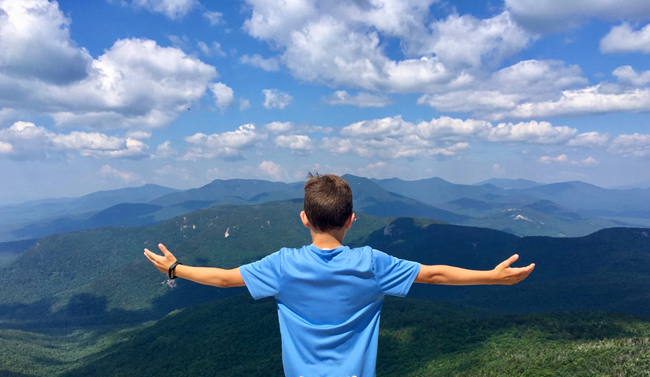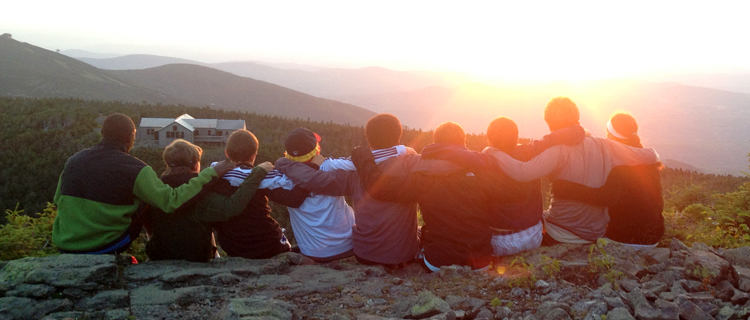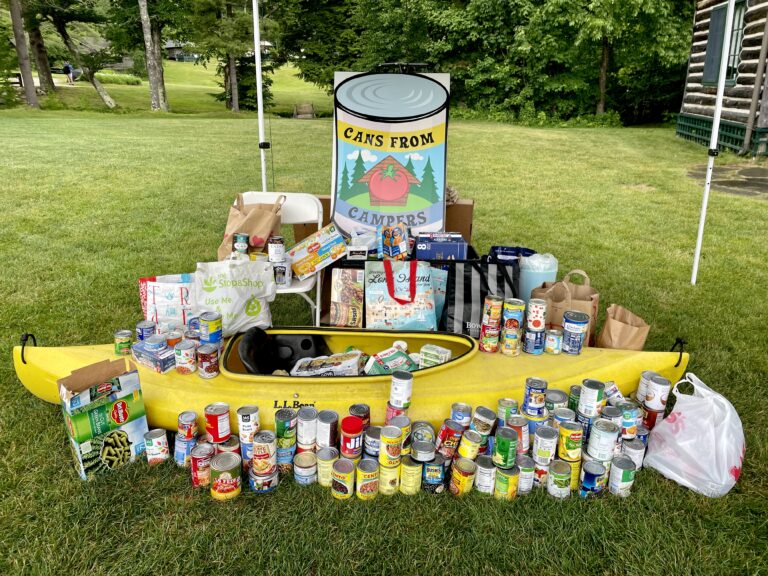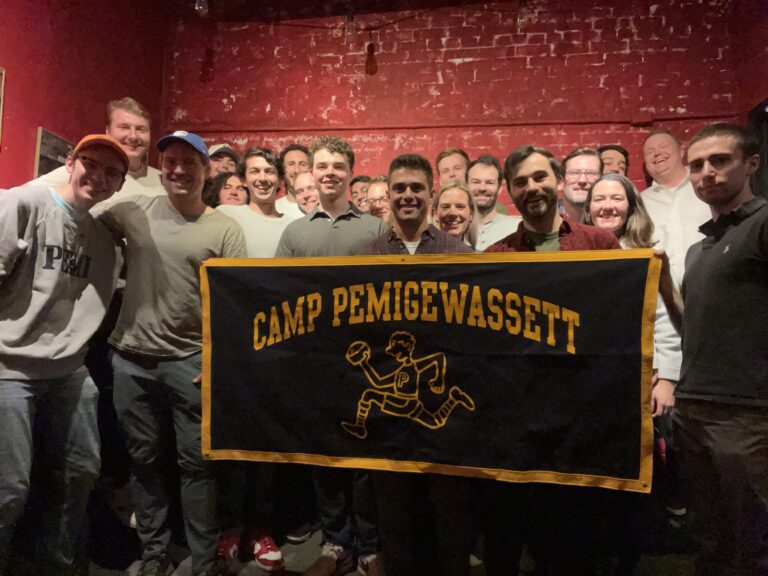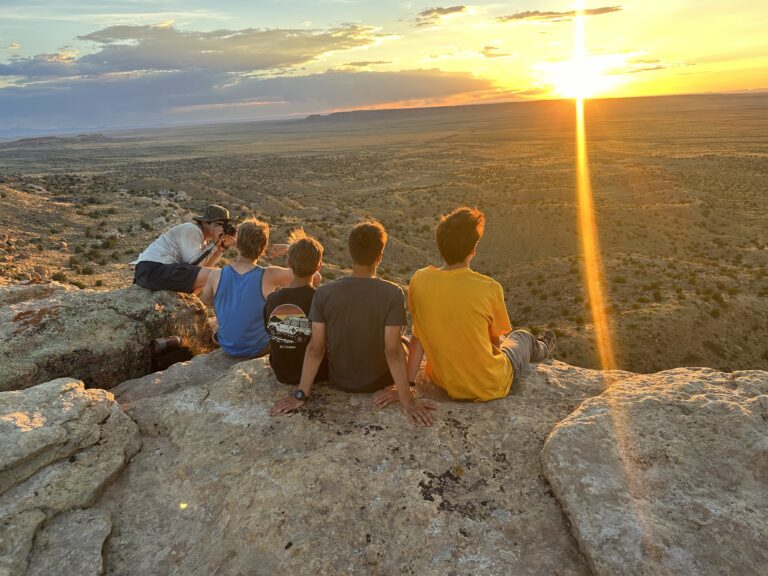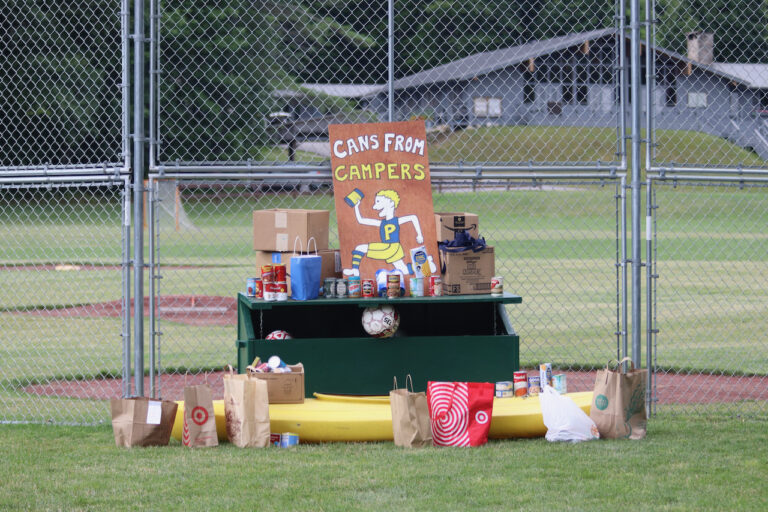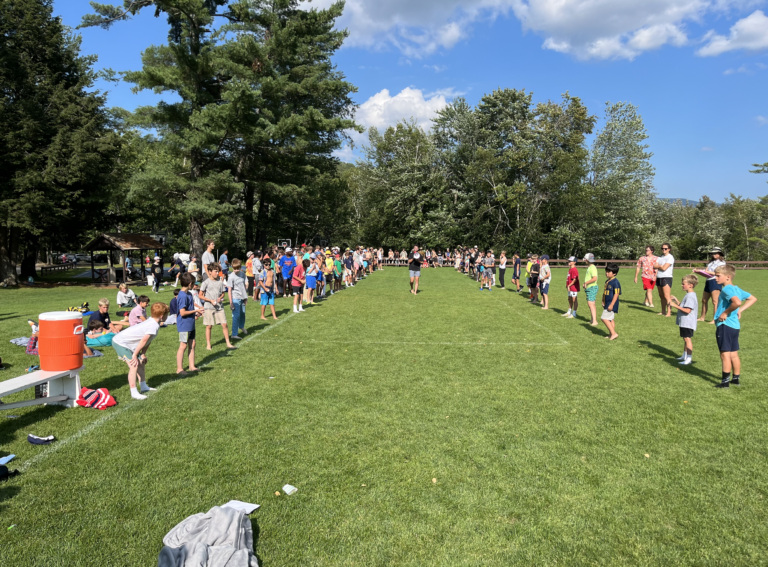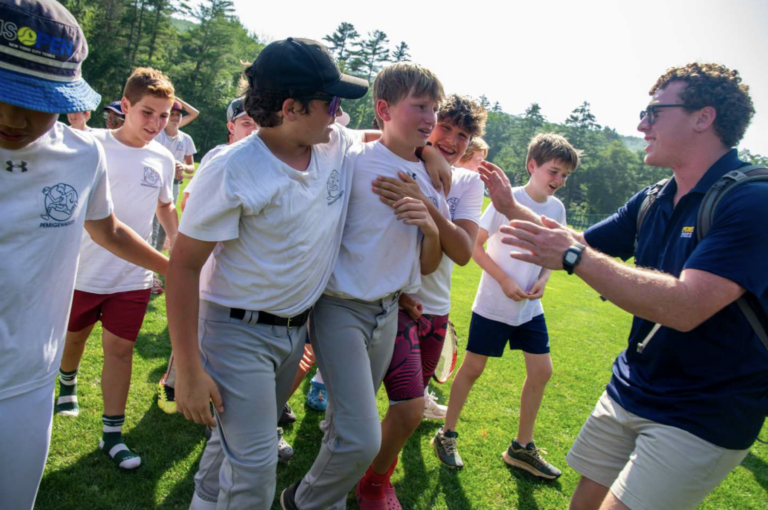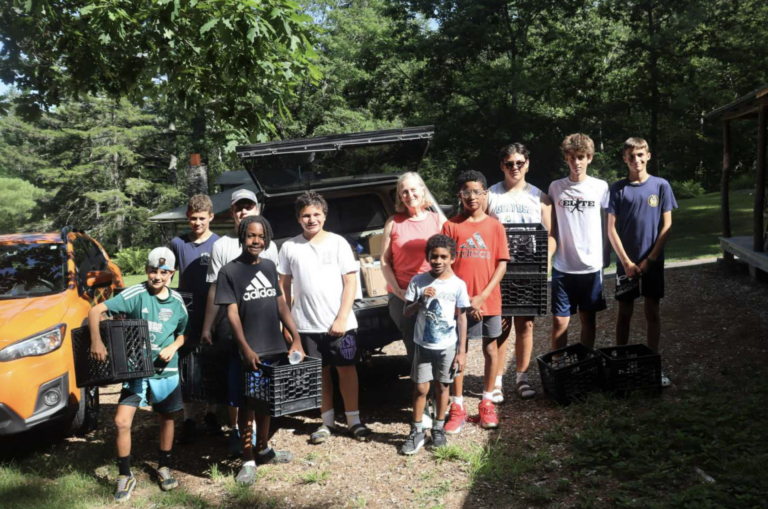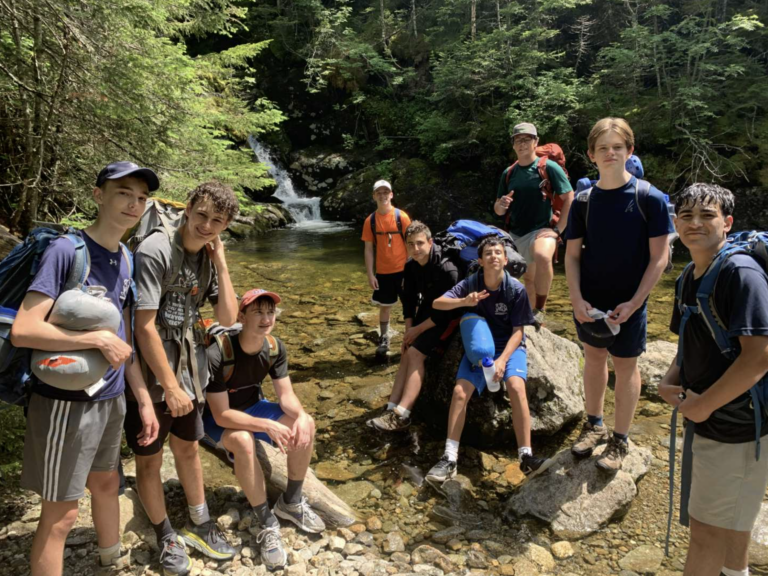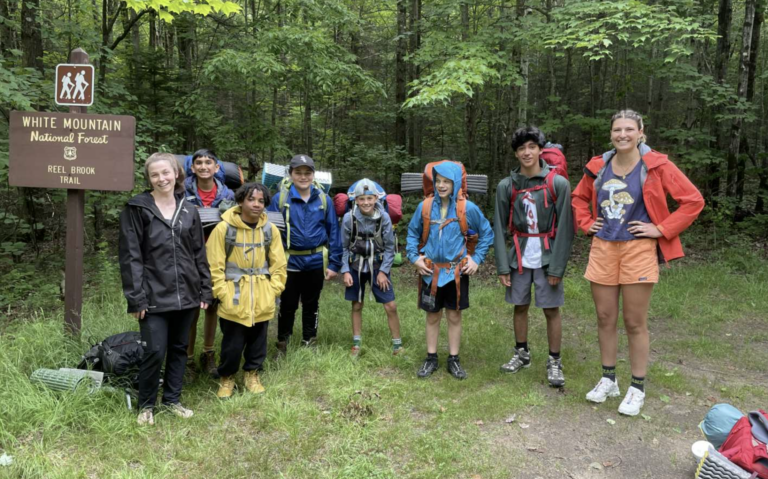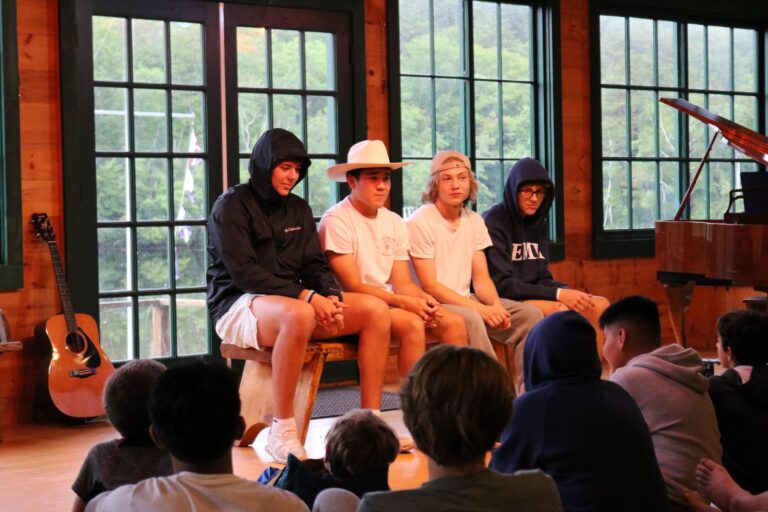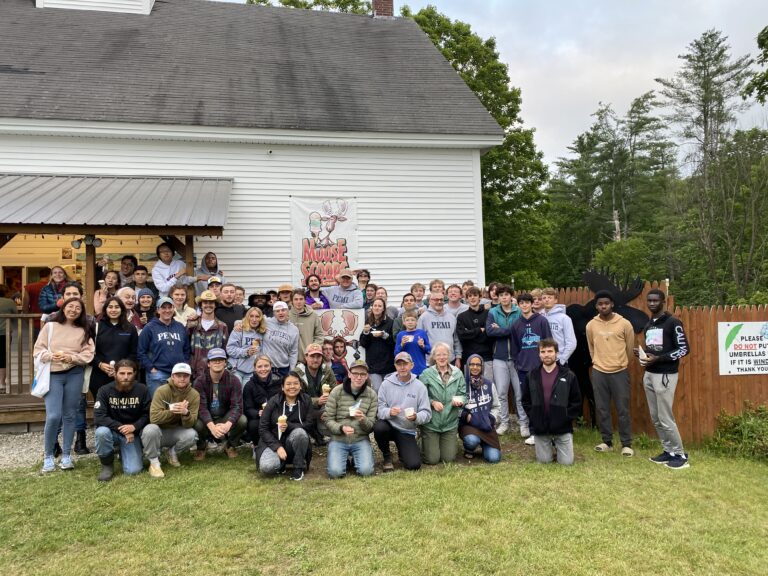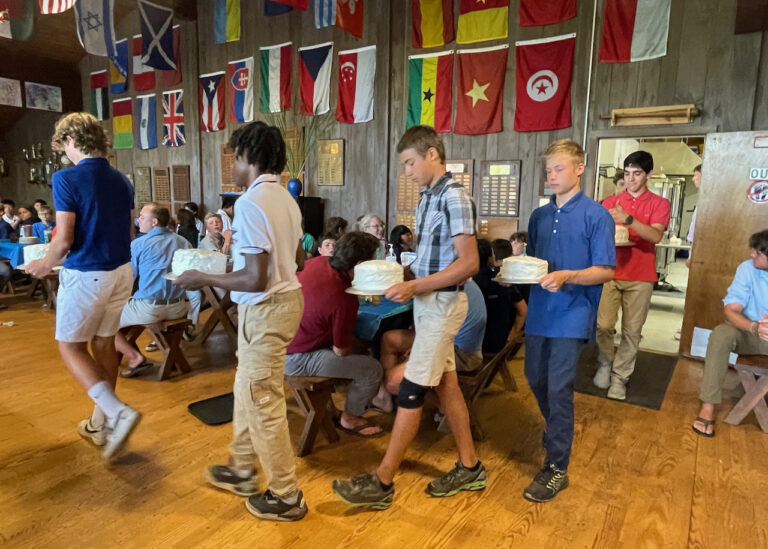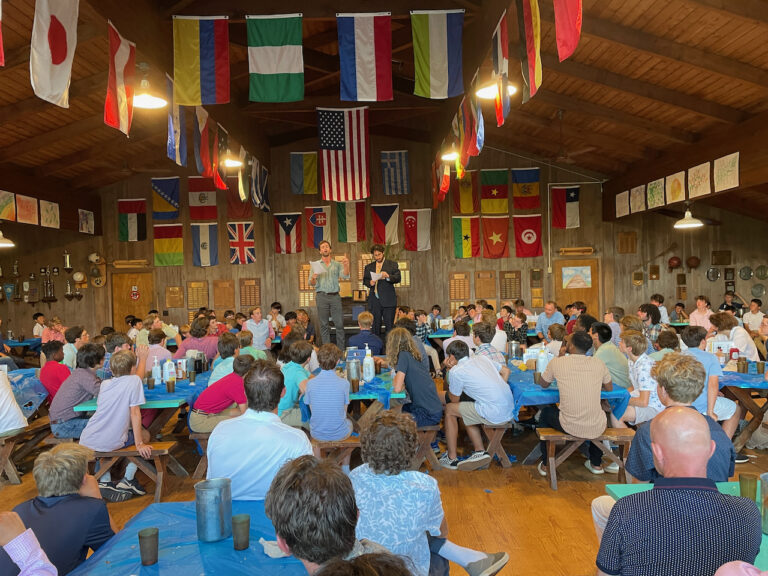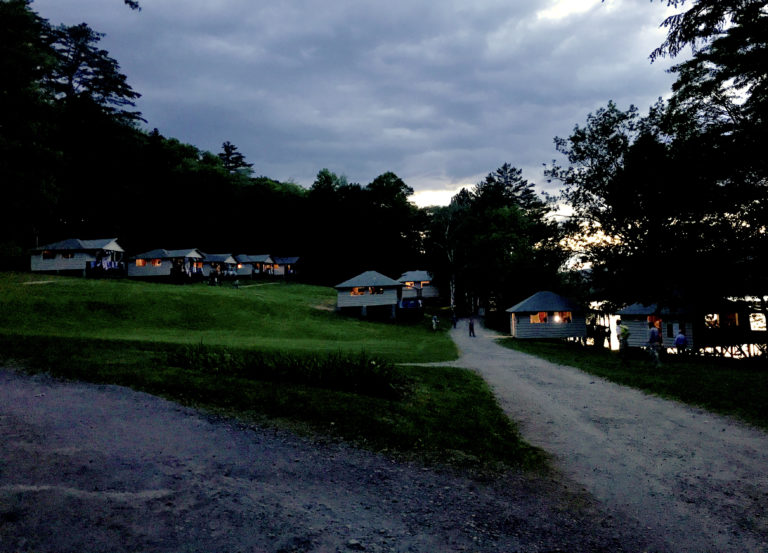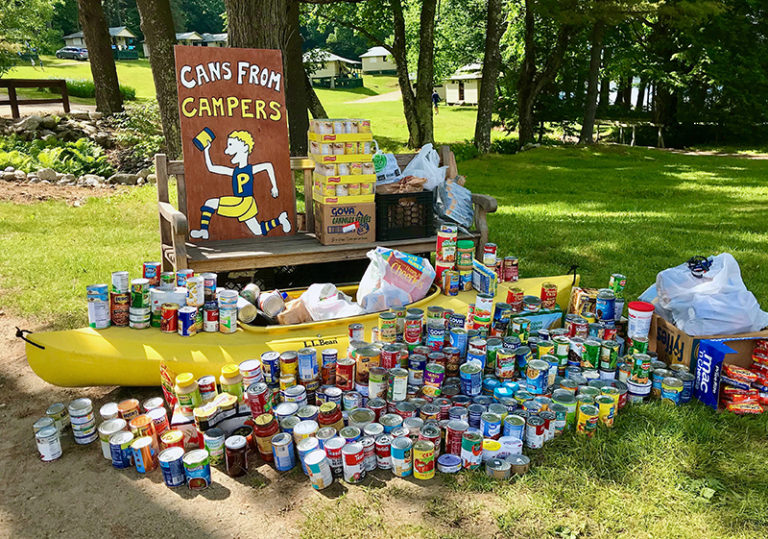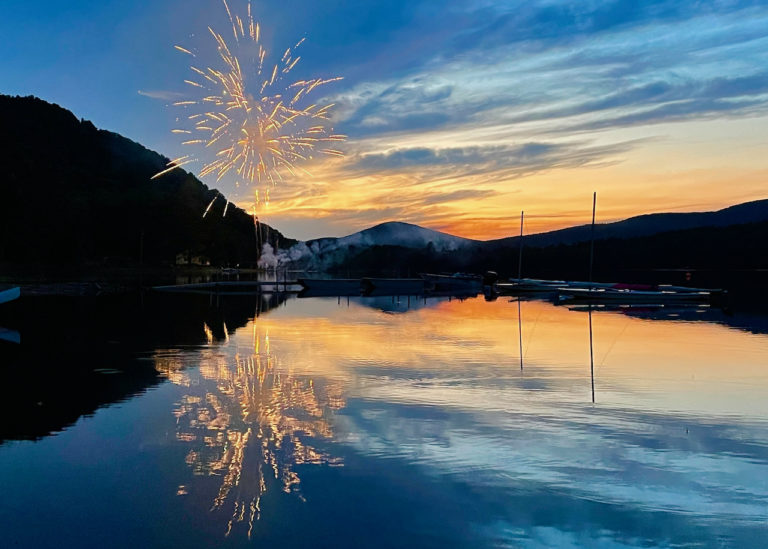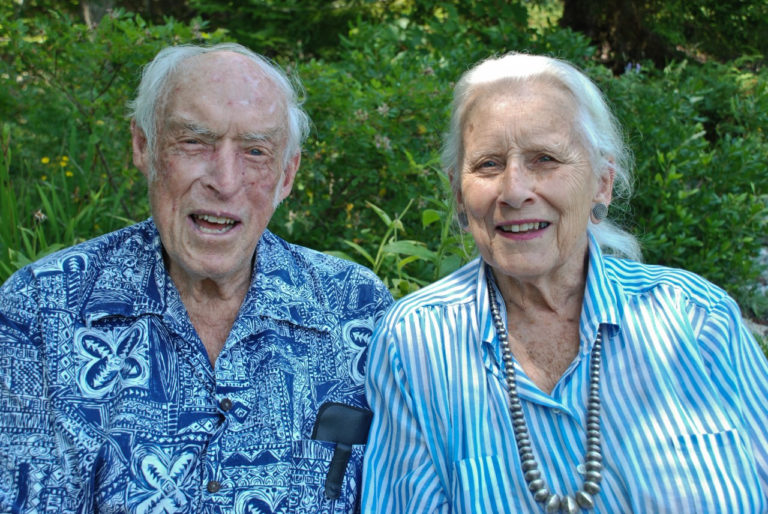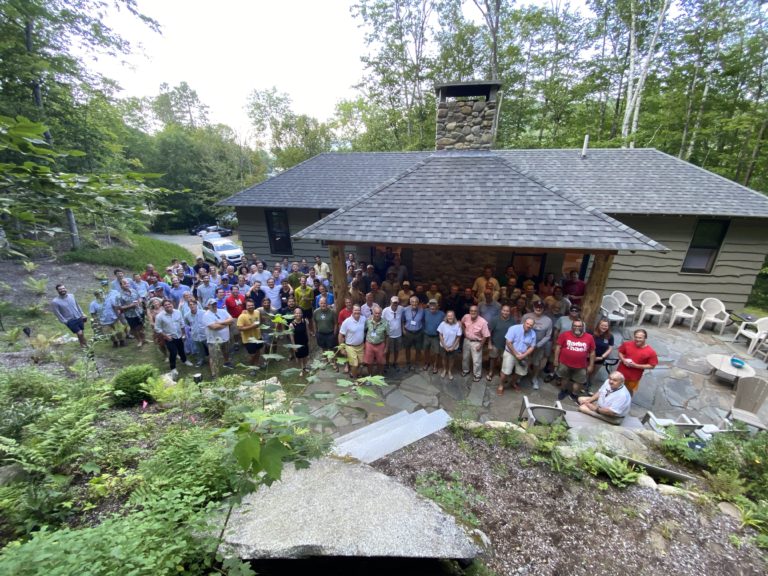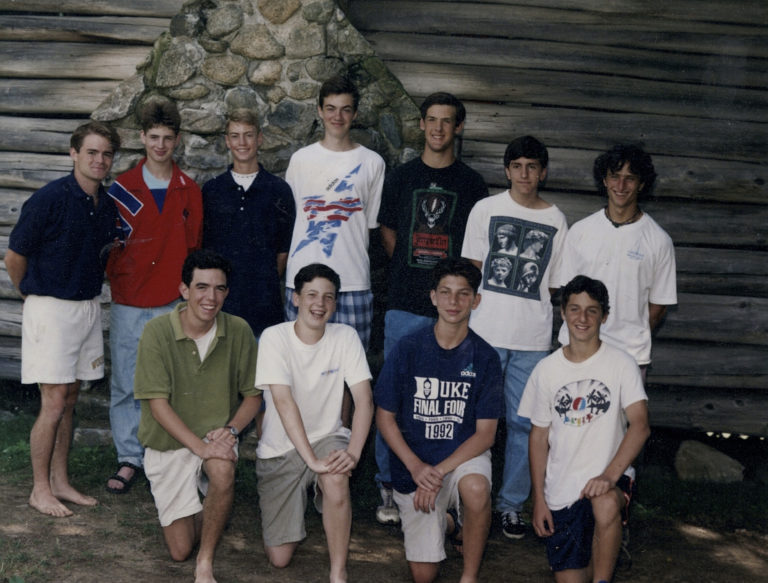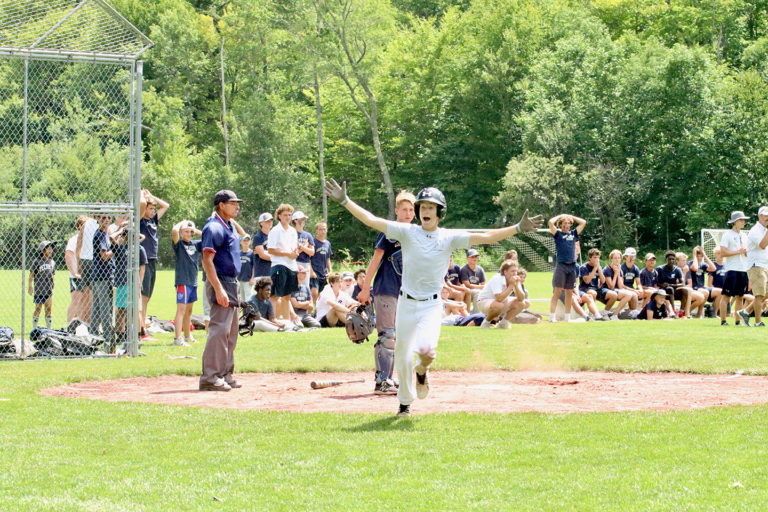- Daily Life at Pemi
- Education at Pemi
- News
- Pemi Alumni
- Pemi History
- Resources for Parents
Sleepaway Camp: Expense…or Investment?
Is summer camp an expense or an investment?
Parents unfamiliar with the tradition of sleepaway camp might consider the cost and reasonably ask, “Why send my child away when the community center has a pool and tennis courts?”
Simply put, the character traits that children strengthen and develop as they navigate life in a unique learning environment away from home—supported by well-trained professionals there for that very purpose—are profound and lifelong.
Reading between the lines
Consider testimonials, such as from this father:
“He learned more about himself and his strengths in one summer at camp than he did in the entire school year”
Or from campers’ letters home:
“I went off the high dive – six feet high! My instructor helped me conquer my fear! I feel very, very accomplished!”
“I’m about to go on a 2-day hike. I’m excited and am wearing sunscreen.”
“I know that the bonds that I’ve created with the friends in my cabin will never break. We’re now like brothers and we plan on staying that way.”
While these anecdotes from our families speak to every parent’s hope when delivering a child into the care of others—a healthy, happy, and fulfilling summer—a deeper dive between the lines reveals that camp has nourished and quickened the development of character strengths that will serve these campers well in their future success as students, employees, citizens, and life partners. How can we calculate the worth of independence, adaptability, willingness to try new things, perseverance, responsibility, and appreciation for the differences and strengths of others?
The value of character strengths in schools, colleges, and the world-at-large
In 2016, the American Camp Association launched a 5-year study “to explore the lasting impacts and the ways camp experiences prepare young people for college, their careers, and their lives beyond camp.” The professional organization has gathered, compiled, and now is publishing exciting findings that provide data to support our testimonials.
Coincidentally in 2016, a group of educators, aware that character strengths are fundamental to an engaged life, formed the Character Collaborative to elevate non-academic factors and character-related attributes in the admissions process. Their goal is to identify reliable, unbiased indicators of character strengths to better recognize students of promise. Today, members include college admission, independent secondary schools, national educational associations, and research organizations.
This is significant in light of the question, “Is camp an expense or an investment?” Summer camp offers a unique experiential education that leads to the development of character strengths in its campers—exactly what schools, universities, and employers are looking for in applicants, and what most adults seek when forming relationships and choosing life partners.
How do camps support the development of character strengths?
Camp Pemigewassett’s campers take a break from technology and the pressures of social media that can so absorb and deeply influence them during the school year. Being screen-free gives our boys the space to develop critical communication skills, learning how to live and get along with others by negotiating social interactions directly and personally. Being unplugged also frees up time spent on screens—perhaps hours of a day—to fully engage in camp’s program activities.
Pemi has four main program areas and boys are encouraged to expand their comfort zones by trying new things. This ‘liberal arts approach’ to summer camp allows each boy to shine in what he already knows and loves to do, to discover new talents and interests, and to appreciate the gifts of others. With the breadth of options and depth of instruction in each program, boys don’t outgrow camp, and our veteran campers emerge as well-rounded young men.
The Sports Program attracts athletes to Pemi with excellent coaching, skill progression, opportunities for competition, and for the pure joy of participation. It offers valuable lessons about how to compete, work as a team, respect officials and opponents, and set personal goals. In addition to further developing athletic proficiency, our athletes also often discover an interest in environmental science or talent in a musical instrument—something that won’t happen at a camp focused only on sports.
The science-based Nature Program is nationally acclaimed, with a vast range of activities to explore. In the end, though, we teach the boys to be comfortable in the natural world, to view it with endless fascination and enjoyment, and to feel an obligation to act as good stewards both now and in the future. Many a camper, inspired by this program, has gone on to science fair projects, college majors, and even professions.
In the Trip Program, boys learn: the rewards of sustained effort in what can sometimes be demanding conditions; the benefits of advanced planning as they organize gear and supplies for what can be days away from civilization; the kind of teamwork that includes collective decision making and responsibility for the welfare and happiness of the entire group. Campers have shown us admission essays for high school and college that capture life lessons they learned on a camp trip.
The Arts round out the program. Pemi “culture” celebrates creativity: it’s fun to sing, make a ping pong paddle, explore mixed media, learn an instrument, or participate in a musical. Nothing illustrates camp’s supportive environment more than at campfire when a young boy bravely stands to sing in front of 250 people. Once the hushed silence and then the resounding applause have passed, the boy, wreathed in smiles and standing two inches taller, is clearly realizing, “If I can do that, what else can I do?!”
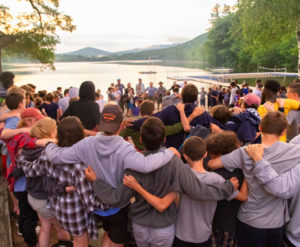 As with many summer camps with a long and storied past (Pemi was founded in 1908), our traditions kindle the feeling of being a part of something unique and special, and keep our campers and staff coming back year after year to further develop their interests, values, and relationships with one another.
As with many summer camps with a long and storied past (Pemi was founded in 1908), our traditions kindle the feeling of being a part of something unique and special, and keep our campers and staff coming back year after year to further develop their interests, values, and relationships with one another.
Finally, our alumni network is global, and is a resource for campers, alums, counselors, prospective parents, and beyond. For example, our Counselor Internship Initiative connects talented Pemi counselors with alums to gain crucial professional experience in the spring and then return to work at camp for the summer in positions of greater leadership and responsibility.
So, is camp an expense or an investment?
Yes, on face value, residential summer camp can be expensive, though indeed many offer scholarships and financial aid. But behind the numbers lie experiences that can lift and inspire your children to be their best selves, often in ways that launch them in directions that you or they might never have anticipated, and all the while immersed in a joyful, healthy, and natural environment.
Alumni far and wide document the impact of living and learning at summer camp. Beyond schools, resumes, and jobs, a 96-year old alumnus may have said it best: “My life’s happiness bag is heavy and stuffed with Pemi experiences.” Looking back on a life well lived, amid memories of truly foundational influences, many would say that the true value of summer camp dwarfs its cost in dollars and cents.
(This article was also published in a “summer camp” edition of the Greenwich Sentinel)
~Dottie Reed



